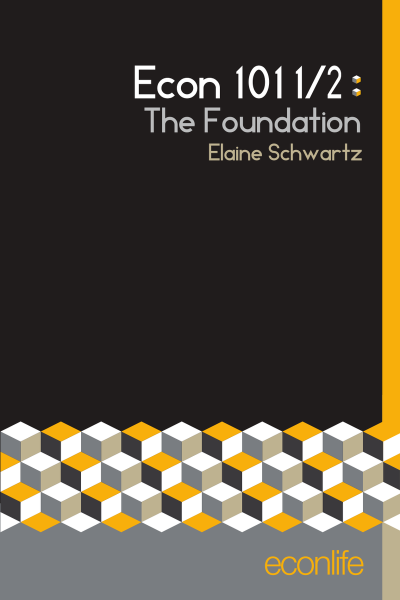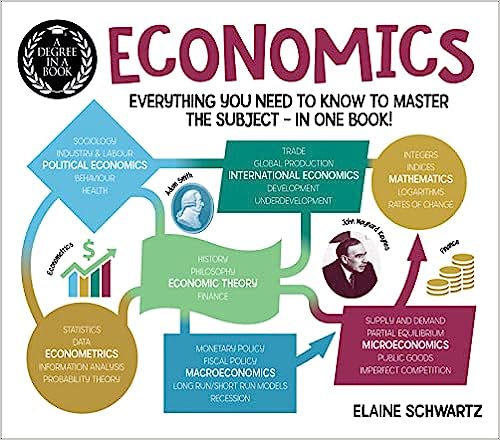This week’s economic news summary includes work week tradeoffs in France, new labor laws for the gig economy, and why price tags are disappearing.
What We Are Willing to Do For Money
Monetary incentives can influence a decision and distort the information we access for our cost and benefit research.
Weekly Roundup: From Calories to Climate
Our economic news summary included climate talks and externalities, “missing women” and Asian marriage markets, seniors’ spending and manufacturing supply.
Why We Don’t Know What We Manufacture
Thinking of job declines and Chinese imports, it appears that U.S. manufacturing is declining but the facts show that production is up.
Weekly Roundup: From Hot Hands to Sunk Costs
The behavioral economics ideas from our everyday economics are confirmation, expectations and projection bias, frames, temporal discounting and sunk costs.
Can Economists See the Hot Hand?
With implications that extend beyond sports, believers in classical economics and in behavioral economics are debating whether players can have streaks.
Weekly Roundup: From Potato Chips to Pregnancy
Our Posts Roundup Sunday 12.07.14 Innovative potato stories…more Monday 12.08.14 The pregnant UPS lady who sued her boss…more Tuesday 12.09.14 Measuring inflation can be tough…more Wednesday 12.10.14 Why Congress creates economic uncertainty…more Thursday 12.11.14 The ways that…
Is Your Favorite Economist Biased?
Illustrated through word use and data selection in research, politically liberal and conservative economists display a tendency toward confirmation bias.
The Policy that 600 Economists Support and 500 Oppose
A controversial policy that dates back to 1938, the nominal federal minimum wage has increased from $.25 to $7.25 and is higher in many states and cities.















